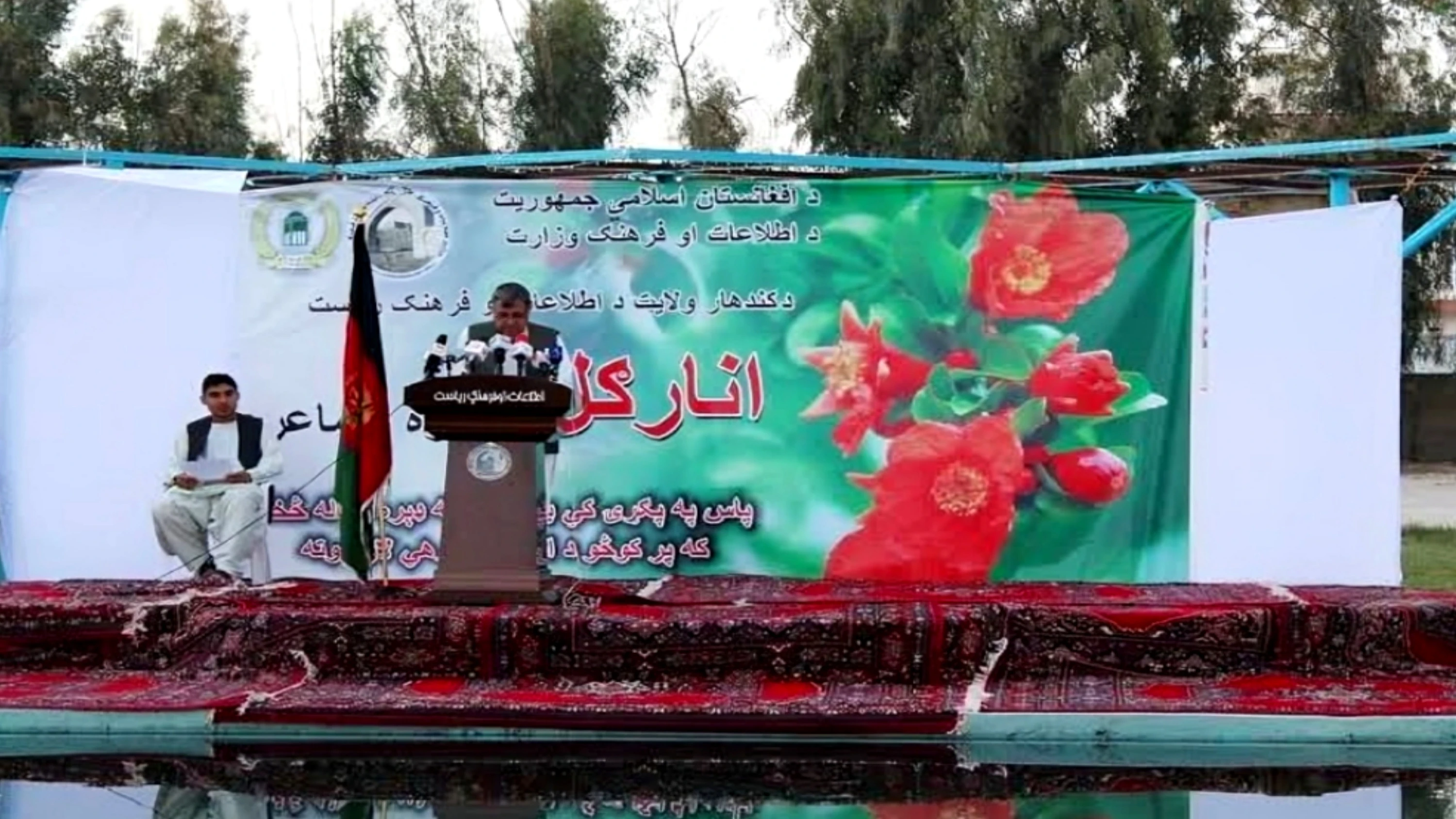Kabul: Human Rights Watch has raised fresh concerns about the severe impact of Afghanistan’s continued ban on girls’ education beyond the sixth grade, warning of long-term damage to individuals and the nation as a whole. Over the past four years, restrictions under Taliban rule have increasingly isolated Afghan girls and women from schools and universities.
Heather Barr, deputy director of the women’s rights division at Human Rights Watch, emphasized the gravity of the crisis, noting that young girls are missing out on graduation ceremonies, Kankor exams, and critical opportunities for personal and national development. “These restrictions aren’t just devastating for individual girls and their families,” Barr said, “they are causing irreversible harm to the future of Afghanistan.”
The education ban includes medical and higher education, leaving many Afghan women without prospects for careers in vital sectors. Activists warn the country faces a dangerous talent drain. Tafsir Siyahpush, a prominent advocate for women’s rights, said that Afghanistan could soon face a severe shortage of female professionals. “No doctors, no teachers, no female leaders—half of society will be left behind. Without women, Afghanistan cannot move forward,” she said.
Students themselves are speaking out about the personal toll. Marwa, a university student, said her dreams of becoming a business leader were shattered when her university closed after her second semester. “I had high grades, I was motivated,” she said. “Now I live in uncertainty.”
Another student, Sabria, appealed for negotiations to reopen educational institutions. “We want the doors of schools and universities to be open again. We need all parties to come together for our future.”
UNICEF reports that 2.2 million Afghan girls are currently denied access to education, with 400,000 newly affected this year alone. The agency warns that if the ban stays in place through 2030, the number of girls deprived of schooling could rise above 4 million.
[TOLONews]








